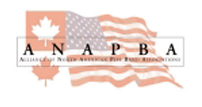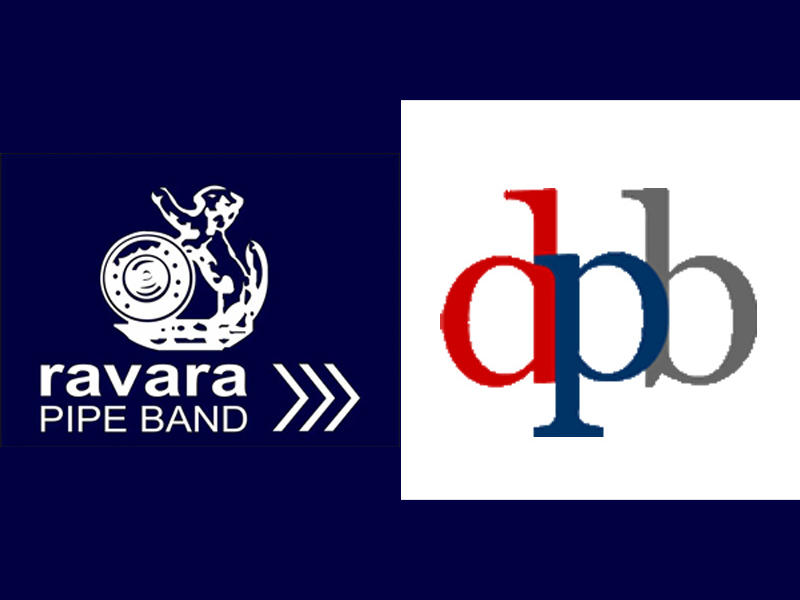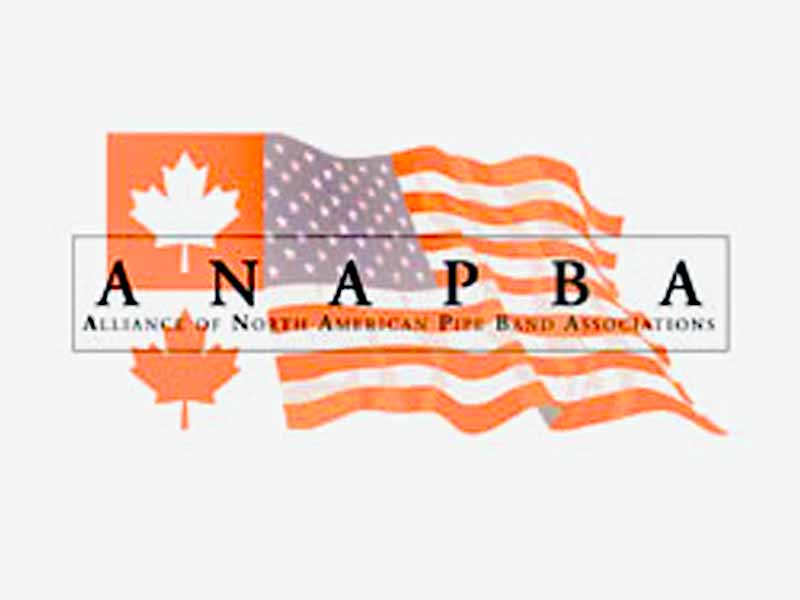Sources: ANAPBA expressing official concern to RSPBA about re-grading North American bands
 Several sources close to the matter revealed that a formal letter from the Alliance of North American Pipe Band Associations (ANAPBA) to the Royal Scottish Pipe Band Association is in its final draft phase. The letter reportedly expresses several concerns regarding the RSPBA’s repeated practice of re-grading North American association-member bands after, at most, a handful of performances at RSPBA-sanctioned competitions.
Several sources close to the matter revealed that a formal letter from the Alliance of North American Pipe Band Associations (ANAPBA) to the Royal Scottish Pipe Band Association is in its final draft phase. The letter reportedly expresses several concerns regarding the RSPBA’s repeated practice of re-grading North American association-member bands after, at most, a handful of performances at RSPBA-sanctioned competitions.
An online meeting – comprising representatives from ANAPBA member associations – was held on Sunday, September 22nd, and reportedly resolved to send a letter to the RSPBA that expresses:
- Disappointment that the RSPBA has opted to re-grade North American Bands.
- Concern for future participation by bands, as it could result in re-grading by the RSPBA.
- A desire to understand the RSPBA’s methodology for re-grading bands.
- Reaffirm the RSPBA’s agreement in 2005 to refrain from re-grading North American bands.
According to one source, “I do know that they are currently working on a letter to send to the RSPBA in hopes of opening some kind of dialogue with respect to regrading and the decision-making process.”
The meeting was prompted after the RSPBA downgraded EUSPBA members City of Dunedin to Grade 2 and Midwest Pipe Band Association-member Greater Midwest to Grade 3 and upgraded the City of Dunedin feeder band from Grade 4 to Grade 3. The UK association also downgraded Pipers & Pipe Band Society of Ontario-member Durham Regional Police from Grade 3 to Grade 4, and the Western United States Pipe Band Association member Kevin R. Blanford Memorial from Grade 3 to Grade 4.
Another source, who spoke on condition that their name not be included, said, “Most associations said they will continue to use their same processes for determining the level of bands.”
ANAPBA Chair/CEO Jeff Mann did not provide any details from the meeting other than confirming that a letter was being drafted.
At the 2005 ANAPBA summit meeting in Winnipeg, RSPBA Chair Kevin Reilly committed his organization to cease the then-new practice of regrading non-member bands. At that time, the RSPBA relegated the Grade 1 City of Washington to Grade 2, reportedly based on only two performances at the 2005 World Championships.
Other high-profile RSPBA re-gradings since then include the promotion of EUSPBA-member Stuart Highlanders from Grade 2 to Grade 1 and PPBSO-member Peel Regional Police from Grade 1 to Grade 2.
While Peel Police has weathered the downgrade by embarking on an ambitious teaching and feeder band program, City of Washington subsequently folded. The Stuart Highlanders currently compete in Grade 4.
ANAPBA was created in 2000 with a goal of creating commonality and reciprocity between the then 10 piping and drumming associations based in North America.
With the assimilation of the Southern United States Pipe Band Association into the Eastern United States Pipe Band Association in 2014, there are nine ANAPBA members: the Alberta Society of Pipers & Drummers, the Atlantic Canada Pipe Band Association, the British Columbia Pipers Association, the Eastern United States Pipe Band Association, the Midwest Pipe Band Association, the Pipers & Pipe Band Society of Ontario, the Prairie Pipe Band Association of Manitoba, the Saskatchewan Pipe Band Association, and the Western United States Pipe Band Association.
WUSPBA past-president Jeff Mann founded ANAPBA and has been its Chair/CEO ever since. EUSPBA President Bill Caudill is apparently ANAPBA’s president and reportedly requested the meeting on the RSPBA’s grading practices.
The original version of this article incorrectly stated that the Stuart Highlanders were downgraded by the RSPBA. They were in fact promoted to Grade 1. The band also is alive and well, competing in Grade 4. We regret the errors and have amended the piece accordingly.






NO COMMENTS YET